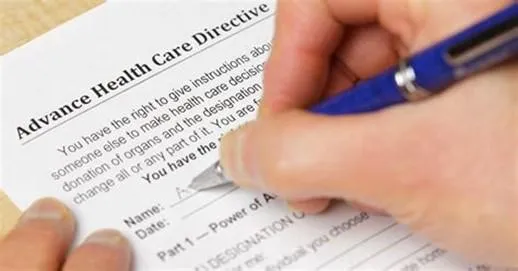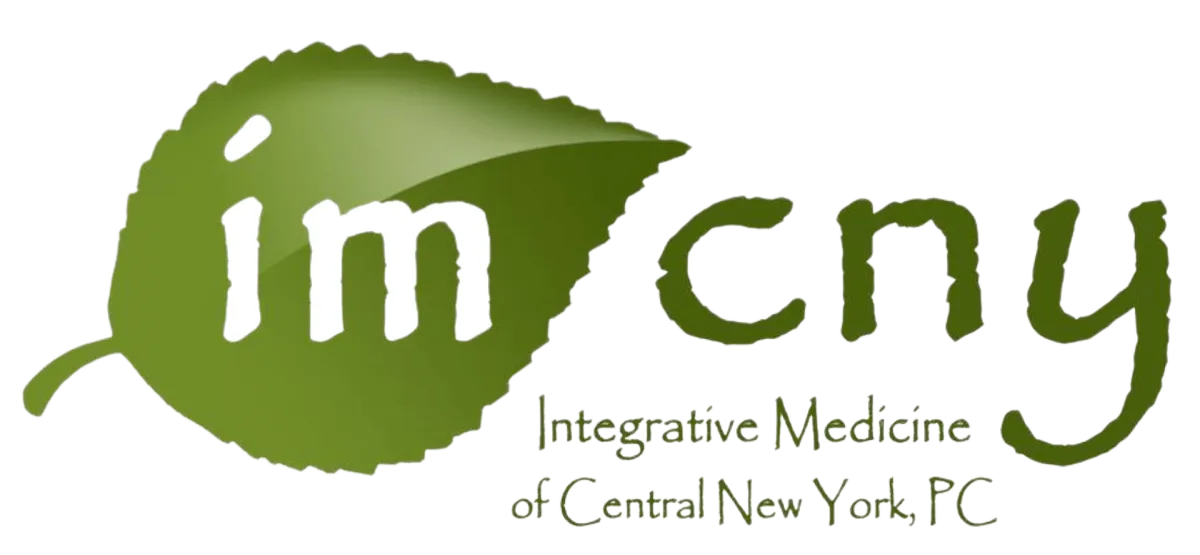News and Events
Read Our Blog

Advance Directives: What Are They and Should You Have Them?
An Advance Directive is a legal document that tells your doctor and family what kind of medical care you want if you can’t speak for yourself. You may need this if you are in a coma, are seriously injured, are terminally ill, or have severe dementia.
The Advance Directive should indicate what kind of treatment you want if you are not able to communicate your wishes. This could describe the type of care you want if you have an illness or an injury that you are not likely to recover from, or if you are in a permanently unconscious state. It may state certain treatments that you do not want, but may also indicate treatments that you want no matter how ill you are.
Should I have an Advance Directive?
Having an Advance Directive is a good idea. It makes your preferences about medical care known before you may need it. This will save your loved ones from having to make decisions about your care without knowing what your wishes are. Even if you are healthy, it is a good idea to have an advance directive. An accident or serious illness can happen suddenly.
Types of Advance Directives
Living Will – This is a written legal document. It describes the treatments you want if you are terminally ill or unable to communicate your wishes. Some issues you may want to consider, do you want to be put on a ventilator, have a feeding tube, organ donation, and palliative care.
Durable Power of Attorney for Health Care – (DPA)
It is often referred to as a Health Care Proxy. A DPA states whom you have chosen to make health care decisions for you. This power of attorney only becomes active when you are unconscious or unable to make medical decisions. This does not apply to anything other than healthcare. A DPA is usually more helpful than a living will in that it appoints someone to make the decisions for you as options can change as your condition changes. They can evaluate each situation or treatment option independently. If you do not have someone you trust to act on your behalf, then you should have a Living Will. You can have both a living will and a proxy or just one or the other.
Do Not Resuscitate Order (DNR)
A DNR can be a part of the Advance Directive, or it can be an independent order. This document requests that they do not perform CPR if your heart stops or you stop breathing. If you do not have a living will or DPA, but you wish to have a DNR order, you can complete the paperwork for the DNR order and have your doctor keep it on file. Even if you have a living will, it is often helpful to have a DNR on file in the event of an emergency.
Things to consider when making decisions about Advance Directives
Advanced care planning is not just about old age. A medical crisis can happen at any age, and leave you to ill to make you own health care decisions. It is important for everyone to have an Advance Directive.
Once you have an advanced directive, make sure you have informed people close to you about it, and be sure that they have copies. Make sure you have spoken to anyone you have appointed as your proxy, so they are aware of your wishes. Also, give copies of your advanced directive to your medical providers.
You should revisit your Advance Directive decisions regularly to make sure your choices are still applicable, and the people you have selected as your proxy are still your best choices. Be sure to remember to make changes in the event of a death, divorce, or other life event that may affect your relationship with the proxy. You can always update or make changes to your advance directive, just make sure everyone receives updated copies and the old directives are destroyed.
If you choose to appoint a proxy, you will want to think about people you know who share your views and values about life and medical decisions. Your proxy can be a family member, your lawyer, or someone in your social or spiritual community. It is also helpful to name an alternate proxy. You can decide how much authority your proxy has over your medical care. You can give them authority to make a wide range of decisions, or only a few specific ones.
The laws around Advance Directives can vary in different states so if you spend time in different states you may want to complete one for each state you spend extended time in. Also, make sure you have copies of them in each place.
What happens if you do not have an advance directive and you are not able to speak for yourself?
If that happens, the state you are in will appoint someone to make the medical decisions on your behalf. This is usually your spouse, your parents, or your adult children. If you do not have any family members, the state will appoint someone who will represent your best interest. If you have not had a discussion with your family members about your wishes, they will be burdened with making the decisions. Having an Advance Directive also helps eliminate any disagreements among family members as your wishes are already known.
How do I complete an Advanced Directive?
You can do it several different ways –
Use a form provided by your doctor.
Write your wishes down yourself.
Check with your local health department or state government on aging to get a form.
Call a lawyer.
Use a computer software package for legal documents.
Advance Directives do not have to be complicated; they can be short and simple statements about what treatments you would like, and others that you do not want in certain situations. Just make sure they follow the state laws for the state you live in. You may want a lawyer or your doctor to review what you have written. Once you have completed it, you need to have it notarized (in some states with witnesses). Then give copies to your family, the proxy, and your doctors.
It is difficult to predict the future. You may never be in a situation where you need an Advance Directive, but having one may give you and those close to you some peace of mind.
If you are a patient of IM of CNY and have an Advance Directive or a DNR order, please make sure we have a copy of it on file.

Our Calendar of Events
Subscribe to Our
Newsletter and Updates
LOCATION
1386 State Route 5 West Suite 203
Chittenango, NY 13037
OFFICE HOURS
Monday: 8 am - 4 pm
Tuesday: 8 am - 4:30 pm
Wednesday: 8 am - 5 pm
Thursday: 8 am - 4:30 pm




